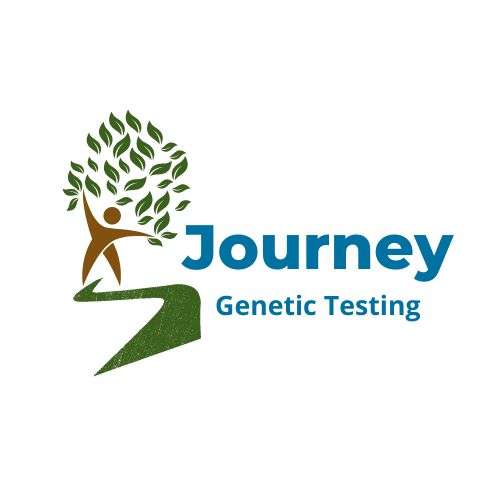Y-Chromosome DNA Test
A Y-chromosome DNA test is also known as Y-STR comparison test. It is a way to find if two males share the same male ancestor. It’s used in paternity cases where the alleged father isn’t available. This test determine if a child is related to the alleged father’s male relatives who share a common paternal line. It’s even used between potential half-brothers. Interestingly, the mother’s DNA isn’t needed for this type of paternity test.
Understanding the Y-Chromosome DNA Test
Y-STR stands for Y Chromosome Short Tandem Repeats, found on the male-only “Y” chromosome. These genes play a role in male traits. Since the Y-chromosome passes from father to son with few changes, we analyze unique markers on it. We compare these markers’ DNA profiles to see if they match. Males related through their fathers will have similar Y-STR profiles, while unrelated males will differ.
Even though the Y-Chromosome is in males only, women can join indirectly. They can ask a biological male relative like a father, brother, paternal uncle, or grandfather to give a DNA sample.
The Accuracy of Y-Chromosome DNA Test
This test looks at the Y-chromosome’s genetic profiles. It’s 100% accurate in showing if males share a common male line or not. It won’t identify the exact relationship between them. The most accurate way to get DNA is a buccal swab. This process is explained in our Journey Genetic Testing Test Kit. Our AABB parent laboratory conducts all the testing.
Collecting A DNA Sample: Swabs and Alternatives
Our kit has detailed steps for collecting swab samples. But if that’s not possible, we test things like hair and toothbrushes. To learn more, click on Alternative Samples.
How Much Does A Y-chromosome DNA Test Cost?
We provide precise Y-chromosome DNA testing, comparing 22 genetic markers. Pricing depends on the number of males tested and the sample type. You can use our testing kit or create your own for faster results, especially if you need non-swab samples tested.
Number Of People Testing
- Two males – $159.00
- Three males – $259.00
- Four males – $359.00
- Non-standard DNA sample (each) – $100
Often Asked Questions About Y-Chromosome DNA Testing
Y Chromosome testing can be used to establish indirect paternity when the alleged father is unavailable to test, or will not submit to the test. In these situations, we can test a direct male relative of the alleged father with the DNA of another male to confirm whether the untested alleged father is in fact related to the person claiming to be a biological relative.
It can be used when two siblings wishing to confirm whether they have the same biological father can do so by doing a Y Chromosome test. If there is a possibility that both alleged fathers are related, then either a sibling test, or direct paternity test, is recommended.
Adopted children who are searching for their real biological fathers, and perhaps have found a possible male family member, can use a Y Chromosome test in order to include, or exclude, potential fathers or paternal relatives.
Legal Y Chromosome testing can sometimes be used in cases requiring legal proof of relationship between males, such as probate or inheritance cases, or DNA proof for immigration.
No. Unlike a mtDNA test where the mother passes mitochondrial DNA to all her children, only a male child would inherit the Y-chromosome from his biological father. Since females do not have the Y-chromosome, this test cannot be used in these cases.
Since every male from the same paternal bloodline have the same Y chromosome, the results of a Y-STR DNA test cannot tell you the specific relationship between the males tested. You will need to draw your own conclusions based upon the result of the test and what you are attempting to determine.
Y-chromosome testing is used in criminal forensic investigations and cases involving rapes. If a genetic sample is found at a crime scene, testing for the Y chromosome can establish whether there is any male DNA in the sample. Once the Y-chromosome has been confirmed, it can be compared to the Y-chromosome profiles of suspects to confirm a match.


